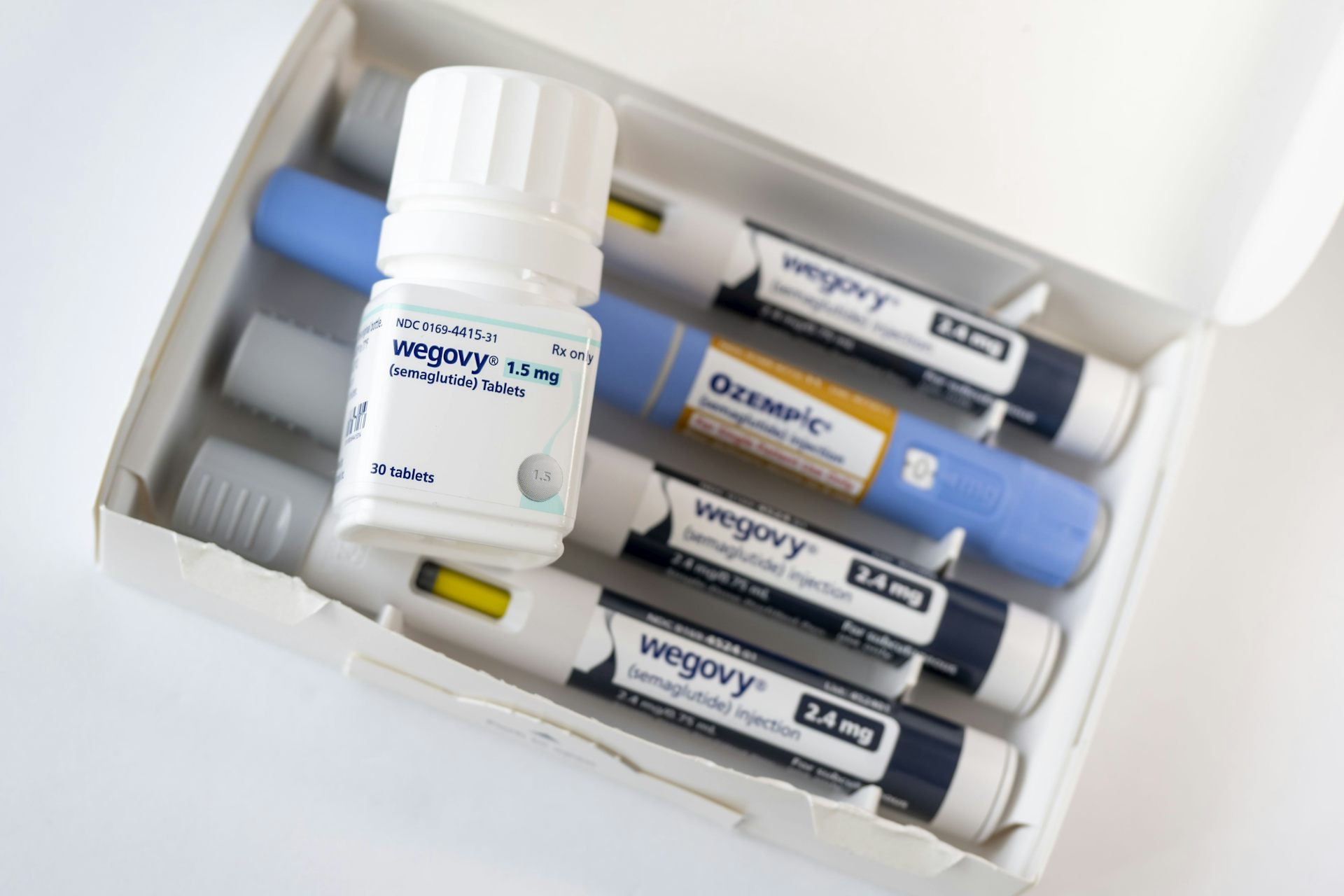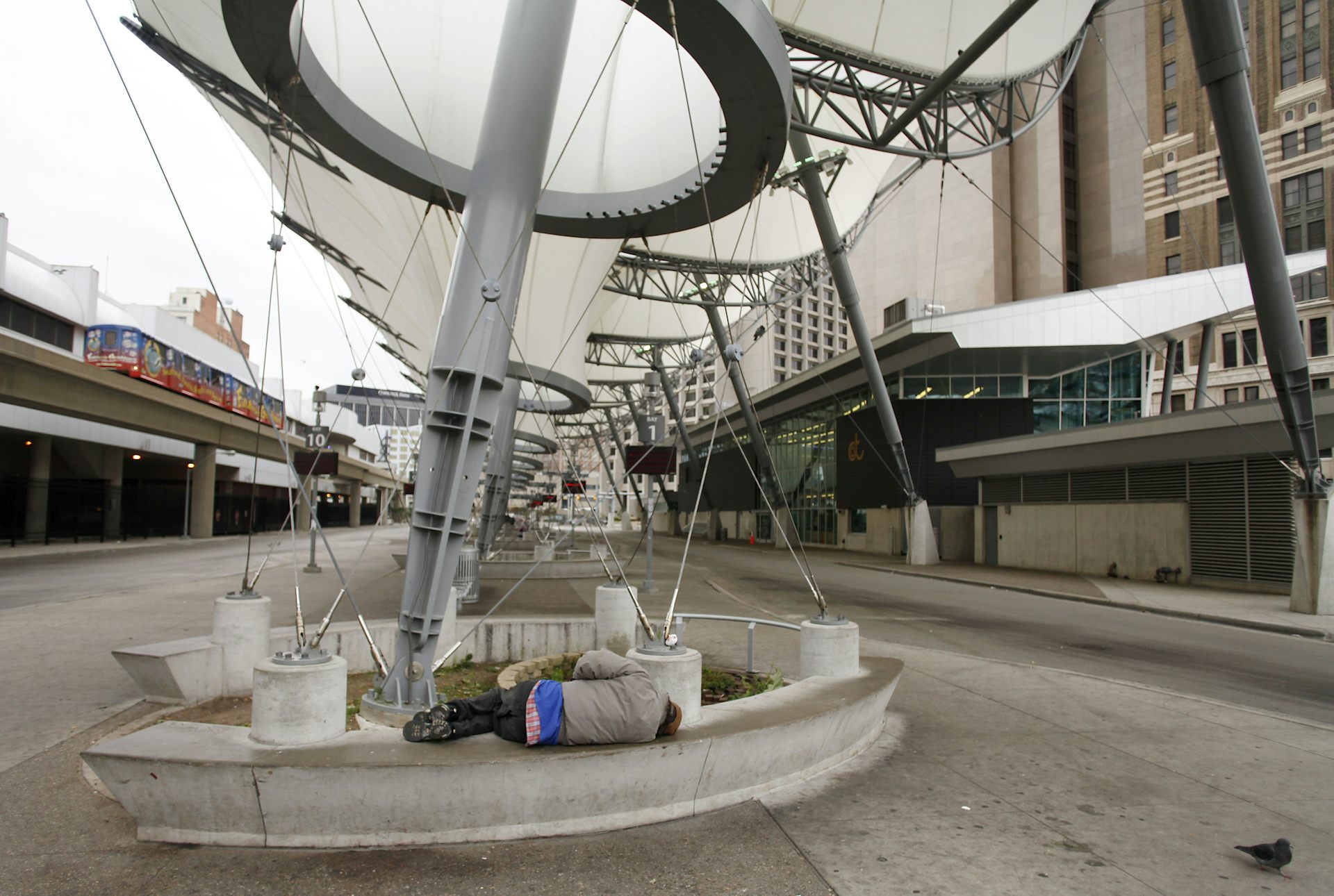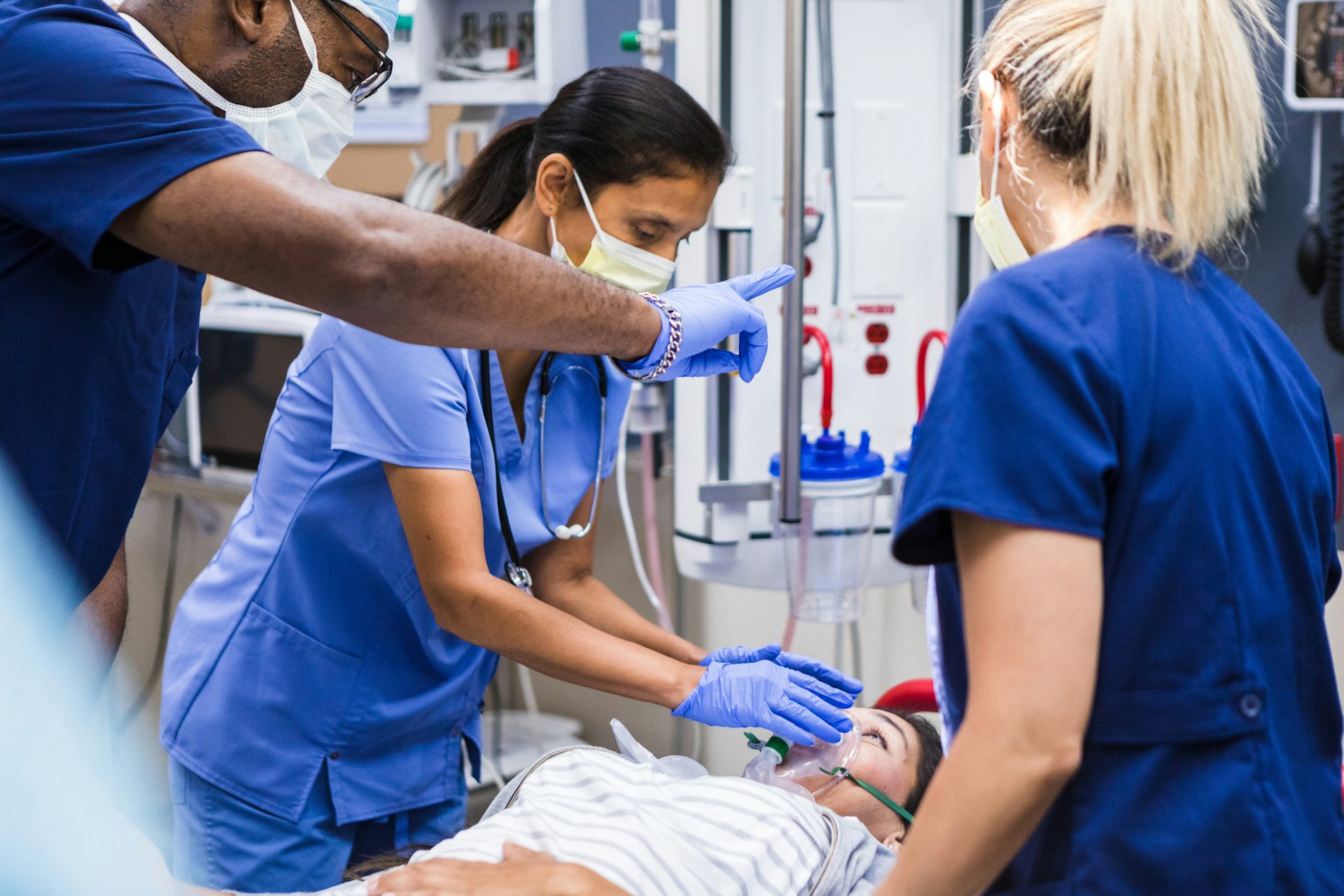How kindness can make a difference in cancer care
Great strides have been made in cancer care over the past decades. As World Cancer Day on Feb. 4 approaches, it's important to note the growing role that kindness and empathy play in good care.
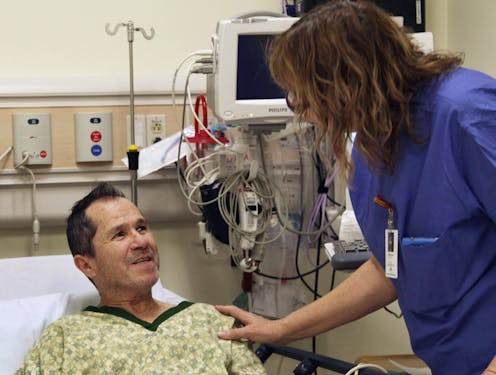
Cancer may not be life-ending, but it usually is life-changing. A cancer diagnosis instantaneously turns life upside down for patients and families. Cancer care is a “high-emotion” service, and the care team must not only effectively treat the disease but also address patients’ intense emotions.
While accurate diagnosis and effective treatment are paramount, simple acts of kindness can be a potent antidote to negative emotions and may improve outcomes for those experiencing the frightening journey called cancer. A growing body of evidence reviewed at Stanford University shows that kind medical care can lead to faster wound healing, reduced pain, anxiety and blood pressure, and shorter hospital stays.
I have long studied how to improve service in health care. My current work focuses on cancer care and includes field research at 10 innovative U.S. cancer centers and interviews with approximately 400 cancer patients, family members, oncology clinicians and staff. Cancer care is about more than the science, which has led to important advances in treatment. High-touch needs to complement high-tech. In a recent paper, co-authors and I explore how six types of kindness can improve cancer care.
Do we really need to remind caregivers about the importance of kindness in serving seriously ill patients? Unfortunately, yes, as the stressors of modern medicine often interfere with good intentions. Let’s take a quick look at the six types.
Deep listening
Listening intently to patients and families, with minimal interruption, conveys respect for their self-knowledge. It also builds trust. It enables the physician to act as a trusted guide who provides relevant medical expertise and translates it into a care plan consistent with patients’ values and priorities. The stakes are too high for the clinical team to be uninformed about a patient’s fears, practical concerns, home support system and personal priorities.
Genuine patient-centered care involves not only determining “what’s the matter” with the patient but also “what matters to the patient.” As a hospice nurse stated during my field research, “We cannot be afraid of the deep conversations with patients to find out what’s important to them, which you are not going to get by asking, ‘How are you feeling today?’”
Simple, open-ended questions can invite patients and families to share pertinent information. Intensive care unit nurses at Brigham and Women’s Hospital in Boston begin their shifts by asking patients, “What’s the most important thing we can do for you today?”
Empathy
Nursing scholar Theresa Wiseman identifies four essential attributes of empathy: seeing the world from another’s perspective, avoiding judgment when assessing a situation, recognizing the emotion present, and responding to that emotion in a genuinely caring way.
One parent whose child was treated at Australia’s Peter MacCallum Radiation Center recounted, “My son had general anesthesia for radiation therapy. Because he was anxious about this procedure, the team allowed him to sit on me during anesthesia. When he woke up, he got upset about lacking a shirt. Now the team puts his shirt back on before he wakes … To me, these small acts were the ultimate kindness, reducing his anxiety and distress and, therefore, my own.”
Empathy represents an anticipatory kindness based on a caring assessment of the patient’s situation and likely stressors. At Henry Ford Hospital in Detroit, oncology fellows are trained in empathetic communication by improvisational actors who role play as patients and family members.
Generous acts
Kindness often manifests as generous acts. In my study, I asked patients, “Can you think of the best, most meaningful service experience you had as a cancer patient?” Many responses reflected the kindness embedded in generous acts. A bladder cancer patient who had undergone surgery praised a nurse who taught him the best way to get out of bed at home. Patients at Marin Cancer Care mentioned the foot massages they were offered during chemotherapy. A surgeon commented on a patient “who swears my two-minute hug saved her life.”
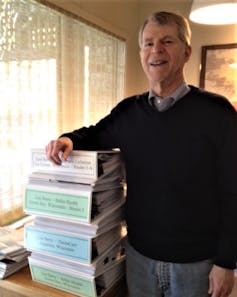
Generous acts also build employee pride and can offer a renewing buffer to the emotional fatigue and stress that commonly accompany caring for seriously ill patients.
Timely care
Undue waiting – for an appointment, the start of treatment or a consequential test result – can be excruciating for a cancer patient. An institutional commitment to being on time is kind even though delays are sometimes inevitable. As a cancer center administrator commented: “Every cancer center has a wait-time challenge; however, we can do much better on what we control, such as running our lab on time. Everyone must go through the lab. If the lab runs late, the whole thing goes late.”
Cancer centers can redesign their systems to deliver a bundle of getting started services to newly diagnosed patients within 10 days, establish a multidisciplinary clinic day when new patients meet each care team member to discuss the treatment plan, and open an urgent cancer care clinic to provide off-hours emergency service. Telemedicine and other technology-driven services also can minimize delays when time is of the essence.
Gentle honesty
“Cancer is a high-potency word, a word without any positive associations,” states a cancer patient. Asking patients how much they want to know about their illness is informative and kind. Most patients want to hear the truth in honest, well-chosen words that convey a sense of partnership and that guide them through difficult decisions.
An oncologist commented, “Far too often, patients and doctors are too optimistic. Realism is needed so that patients and their doctors can make good decisions.” A nurse practitioner said, “A doctor may say, ‘We can continue treatment or we can just do supportive care.’ We have to take the word ‘just’ out of that sentence.”
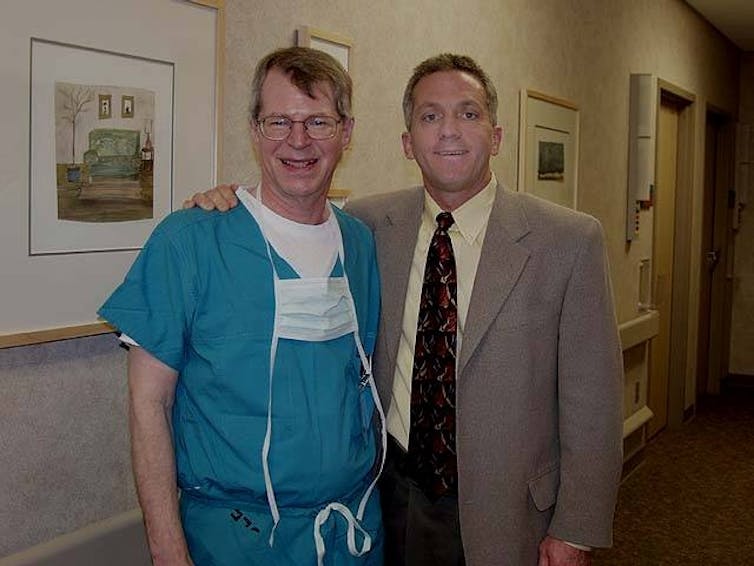
Oncologists face complex personal pressures to give patients every chance to live, and they face external ones – from patients or family members who do not want to give up.
Although patients initially hope for cure or remission – focused hope – clinicians can guide them to intrinsic hope when the disease is advanced and cure or remission is improbable. Intrinsic hope involves living in the moment for a good day of positive reflection, a grandchild or a dog on one’s lap, and well-managed pain.
Support for family caregivers
Cancer patients commonly depend on family members for assistance with medical care, daily needs and emotional support. Family caregivers themselves require training, timely assistance and emotional care to perform their role and to maintain their own health. Research shows the benefits of preparing, empowering and assisting a patient’s family to effectively care for a loved one.
The personal stories of patients, families and clinicians illustrate the impact of kindness in cancer care. Six overlapping manifestations of genuine kindness offer a powerful, practical way for clinicians to temper the emotional turmoil involved with a cancer diagnosis.
A patient is a person first. Caring for human needs as well as medical needs through kind acts is good medicine.
Leonard L. Berry does not work for, consult, own shares in or receive funding from any company or organization that would benefit from this article, and has disclosed no relevant affiliations beyond their academic appointment.
Read These Next
GLP-1 drugs may fight addiction across every major substance, according to a study of 600,000 people
GLP-1 drugs are the first medication to show promise for treating addiction to a wide range of substances.
Hezbollah − degraded, weakened but not yet disarmed − destabilizes Lebanon once again
Hezbollah’s entry into the current war followed the killing of Ayatollah Ali Khamenei. The group has…
Housing First helps people find permanent homes in Detroit − but HUD plans to divert funds to short-
Detroit’s homelessness response system could lose millions of dollars in federal funding for permanent…


